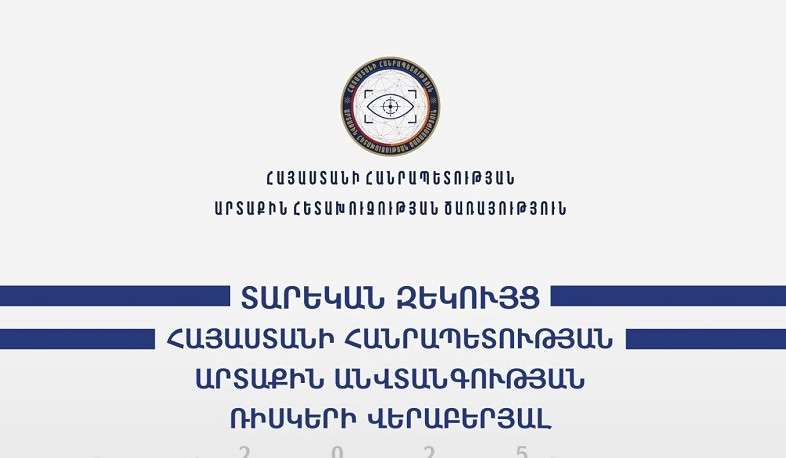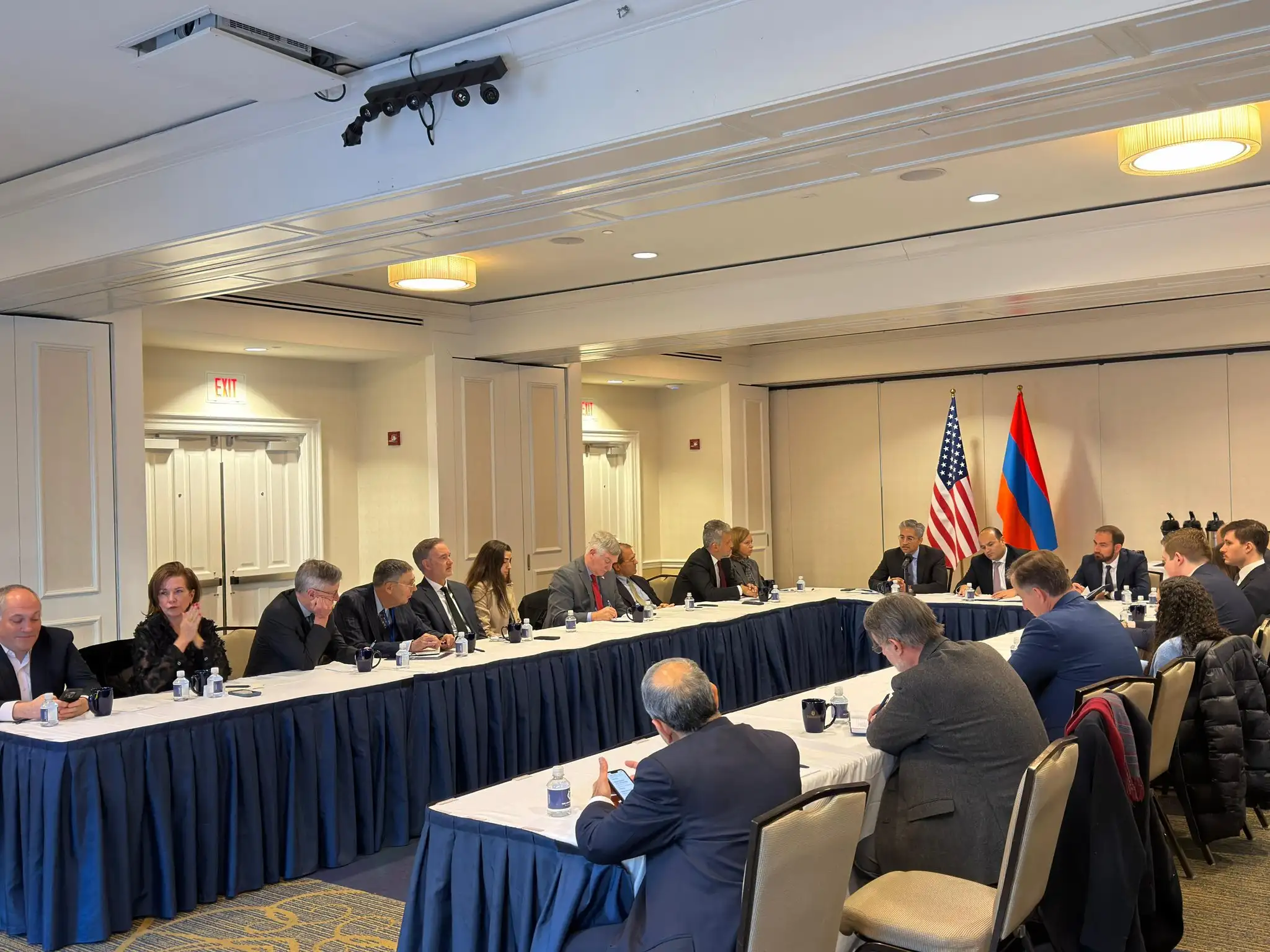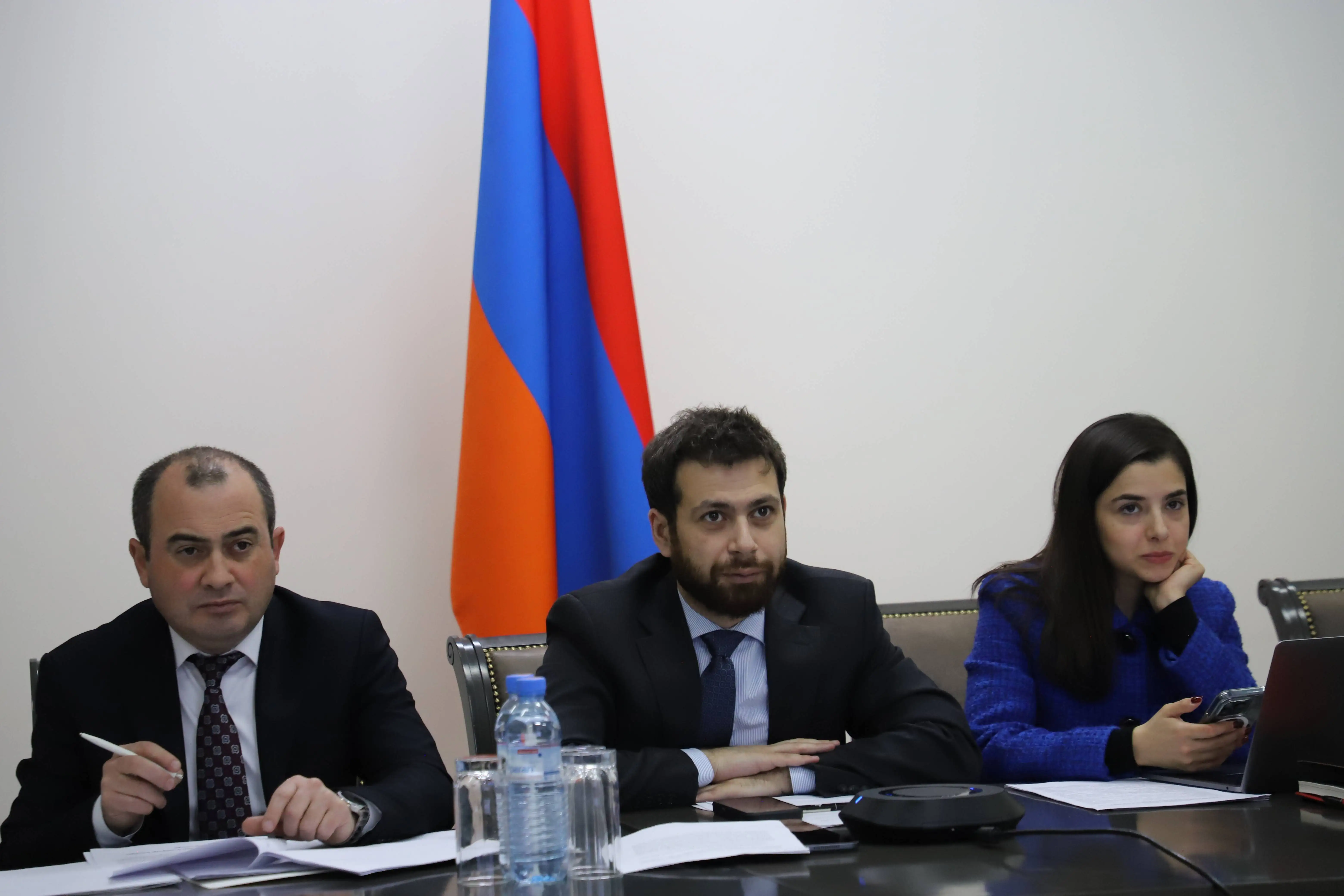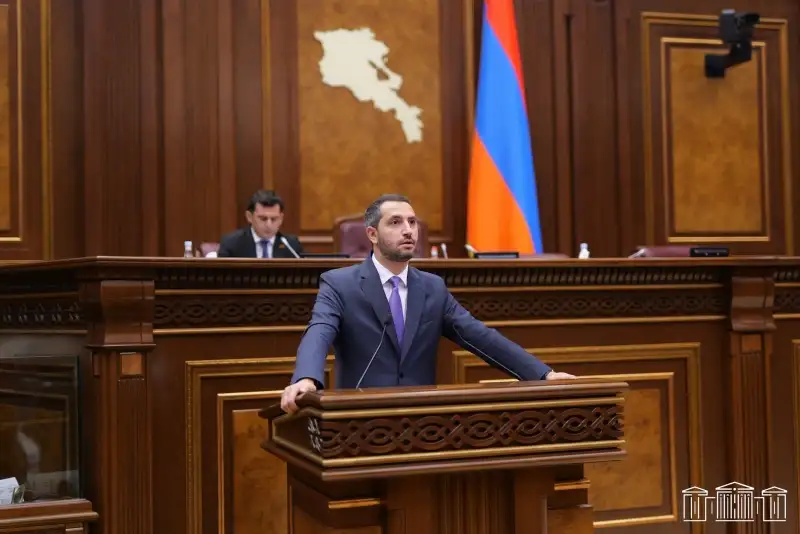The Foreign Intelligence Service of the Republic of Armenia has published the 2025 annual report on the country's external risks in Armenian and English.
-
In 2025, the bilateral formats of negotiations between Armenia and Azerbaijan on various issues will likely continue to be the most effective of those experienced by these parties.
-
Based on the analysis of various facts, information, and phenomena, as of the publication of this report, we do not estimate the probability of a large-scale military attack by Azerbaijan against Armenia. At the same time, in the absence of peace and interstate relations, as part of the Azeri policy toolkit of threats of force against Armenia, the risk of local tensions and escalation will continue to exist on the border, the guarantee of a specific reduction of which can be the smooth continuation of the demarcation and demarcation process that started in 2024, according to the mutually approved procedure.
-
The lack of treaty-based peace and diplomatic relations between Armenia and Azerbaijan creates a real risk of maintaining strained interstate relations, which may deepen due to the influence of alliance rearrangements in the region or transformations of historical alliance relations. Azerbaijan's official/aggressive rhetoric also increases the risks of maintaining interstate tense ties, attempts to interfere in Armenia's internal affairs, and Azerbaijan's steps to impose its unilateral demands in the negotiation process by adding various artificial topics. During 2025, the probability of continued use of such a toolkit remains high.
-
In 2025, Azerbaijan will continue rapidly developing its offensive capabilities, shortening the period from the political decision at the highest level to the start of combat operations on the ground. Within this framework, Azerbaijan will continue transferring more mobile units, preparing its reserve, acquiring and importing new weapons, and updating its military infrastructure.
-
The viability of military blocks will remain in challenge mode. In this sense, contrary to the founding treaty regulations, CSTO's inability (unavailability) to respond to the problems in the South Caucasus, which are CSTO's statutory goals, will likely not change in 2025. It is unlikely that the grounds for freezing CSTO membership by Armenia will disappear in 2025, which, in our opinion, means that the authority of this security structure will continue to be significantly in doubt and a source of consequences for other member states.
The report can be found here.




















